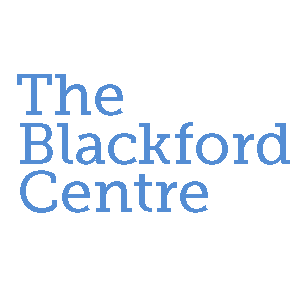Entering the counselling profession is not as simple as hanging a sign on a door and attracting clients. It is a rigorous career choice that requires education, training and ongoing development. Depending on the speciality you choose, the requirements may include one or more of the following:
- Diploma course (online or classroom-based)
- Bachelor’s degree
- Mental health counselling certification
- Speciality certification
- Practical experience under the supervision of a certified counsellor
- Subject-specific workshops, seminars, or other training
For your studies, you can decide whether to learn by distance education or a classroom course. People with commitments (such as a job or family) may find distance education easier, while other people may find the interactions with a classroom tutor more helpful.
Practical experience
You don’t have to wait until you have completed lengthy training and education to get started in counselling-related activities.
You will benefit greatly from finding volunteer opportunities with local community groups. These activities also help you connect and network with counselling professionals in your area. This is a great advantage when it comes to finding opportunities for internships, coaching, mentoring, and hands-on experience.


